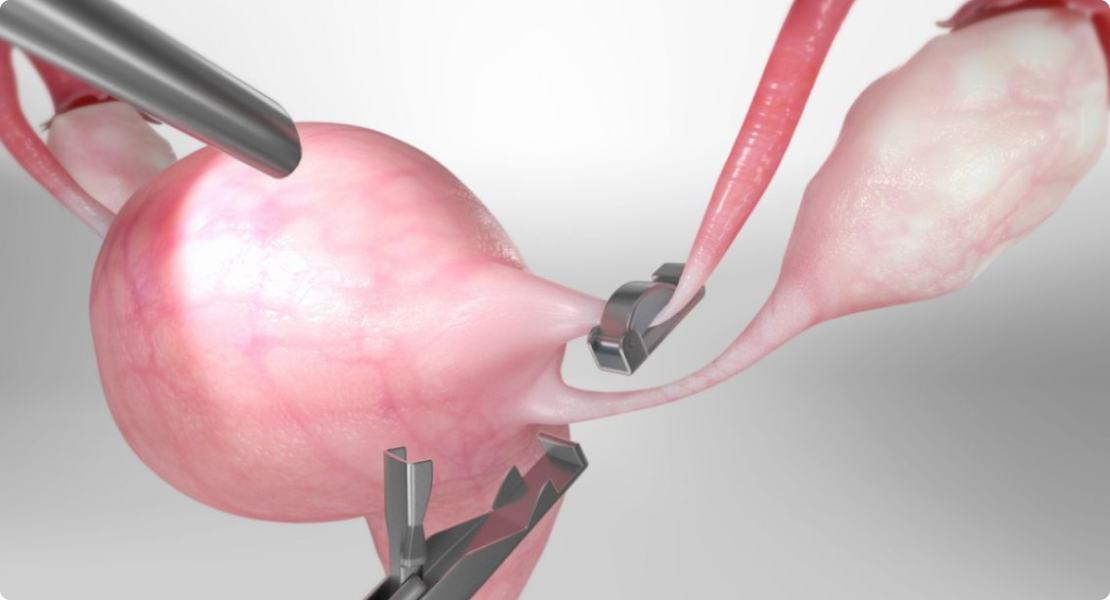Our Treatments

Laparoscopy hysteroscopic proximal tubal cannulation
Proximal tubal blockage, where the fallopian tubes are blocked near the uterus, is a significant cause of infertility. At Dr. Abdul Basith’s clinic, laparoscopy hysteroscopic proximal tubal cannulation is performed as an advanced, minimally invasive technique to restore tubal patency and improve the chances of natural conception.
Proximal tubal cannulation combines two minimally invasive procedures: laparoscopy and hysteroscopy. Laparoscopy allows for external visualisation of the pelvic organs, including the fallopian tubes, through small incisions in the abdomen. Hysteroscopy, on the other hand, involves inserting a thin camera into the uterus to examine the uterine cavity and the tubal openings. Together, these techniques enable precise diagnosis and treatment of tubal blockages.
During the procedure, a specialised catheter is used to gently open the blocked section of the fallopian tube. This restores the natural passage for eggs to travel from the ovaries to the uterus, increasing the chances of fertilisation and pregnancy. Tubal cannulation is often a preferred option over more invasive procedures, offering a shorter recovery time and less postoperative discomfort.
This treatment is especially beneficial for women who have been diagnosed with proximal tubal blockages through hysterosalpingography (HSG) or laparoscopy. Dr. Abdul Basith’s expertise in reproductive surgery ensures a high success rate for this procedure, helping women with blocked tubes conceive naturally.
By offering this advanced procedure at his clinic, Dr. Basith provides a highly effective solution for women facing infertility due to tubal blockages, allowing them to pursue their fertility goals with confidence.
